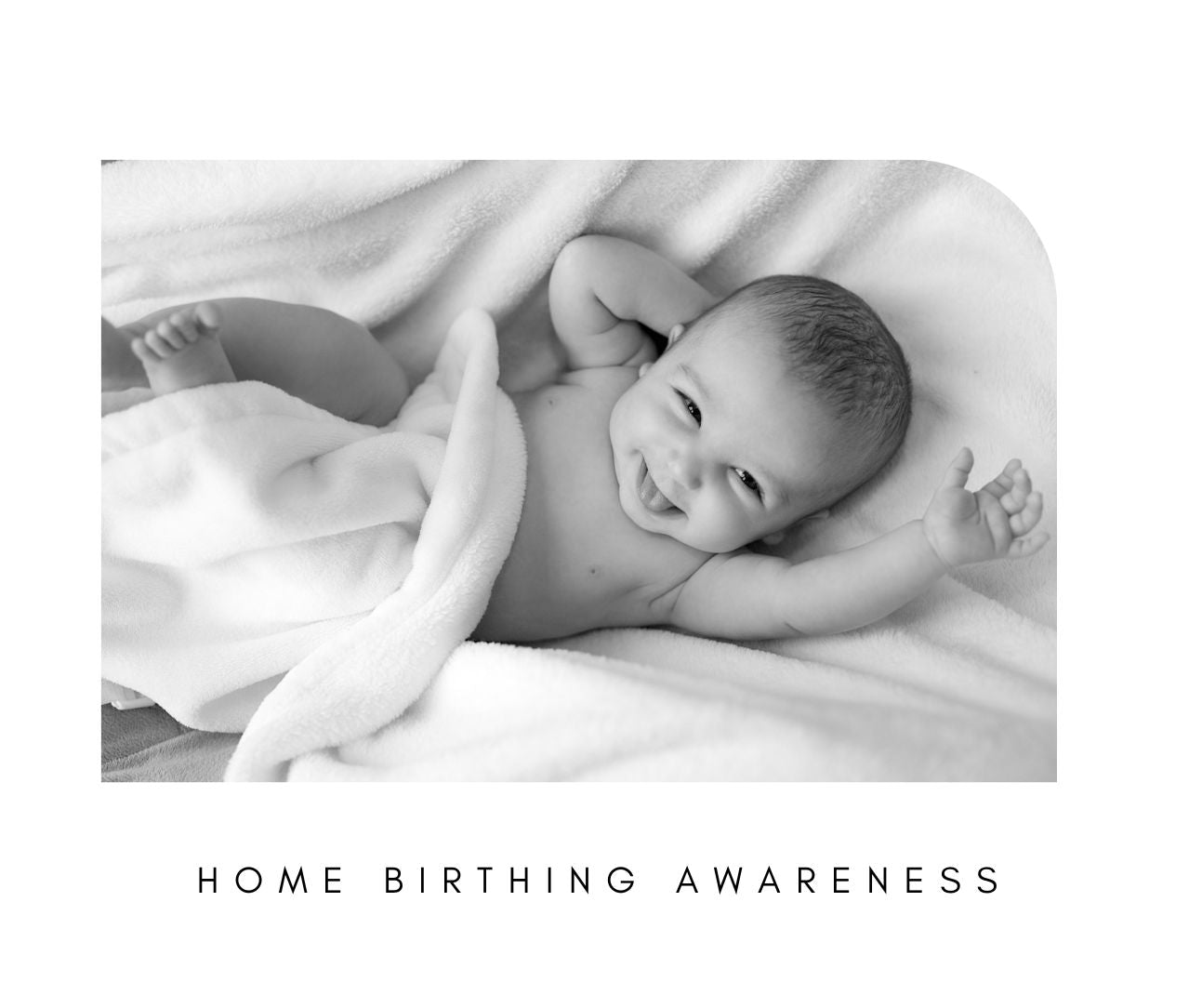Navigating Postnatal Obesity & Fluid Retention

Navigating Postnatal Obesity & Fluid Retention for New Mothers
Becoming a mother is one of the most rewarding experiences, but it also brings numerous challenges that can be physically and emotionally taxing. Among these challenges, postnatal obesity and fluid retention are common concerns. Understanding and addressing these issues can significantly enhance your well-being and confidence as a new mother. This post aims to demystify these conditions, bust some common misconceptions, and offer practical tips for prevention and treatment.
The Impact of Postnatal Obesity
How Postnatal Obesity Affects Your Health
Postnatal obesity can lead to various health issues, such as diabetes, hypertension, and cardiovascular disease. It also makes everyday tasks more strenuous, affecting your overall quality of life. Recognising these impacts is the first step toward making positive changes.
Mental and Emotional Consequences
The physical changes associated with obesity can take a toll on your mental health. Many new mothers experience feelings of inadequacy and depression, further complicating the postpartum period. Support from family and healthcare providers is crucial in navigating these emotional hurdles.
Long-term Health Risks
Neglecting postnatal obesity can lead to long-term health risks. Conditions like type 2 diabetes and heart disease are more likely to develop if left unaddressed. Early intervention can prevent these issues and promote a healthier lifestyle.
Understanding Fluid Retention
What is Postnatal Fluid Retention?
Fluid retention, also known as postpartum oedema, is the accumulation of excess fluid in the body's tissues. It's commonly seen in the legs, ankles, and feet and can cause discomfort and swelling. Understanding its causes can help you manage it effectively.
Causes of Fluid Retention
Hormonal changes, increased blood volume, and reduced physical activity during pregnancy can contribute to fluid retention. Additionally, medical interventions like intravenous fluids during labour can exacerbate this condition.
Symptoms to Watch For
Common symptoms include swelling in the extremities, tightness in the skin, and sudden weight gain. While generally harmless, it's essential to monitor these symptoms and consult a healthcare provider if they persist or worsen.
Misconceptions About Postnatal Obesity and Fluid Retention
Myth 1: All Weight Gain is Fat
One common misconception is that all postpartum weight gain is due to fat. In reality, fluid retention plays a significant role. Understanding this distinction can alleviate unnecessary stress and guide you toward more effective solutions.
Myth 2: Breastfeeding Melts Away All Fat
While breastfeeding does burn calories and can aid in weight loss, it's not a magic bullet. Factors like diet, exercise, and metabolic rate also play crucial roles. Relying solely on breastfeeding for weight loss can lead to unrealistic expectations and disappointment.
Myth 3: Immediate Weight Loss is Essential
Another misconception is that rapid weight loss is necessary or healthy. In fact, gradual weight loss is more sustainable and less stressful on your body. Setting realistic goals can help you stay motivated and committed to long-term health.
Preventing Postnatal Obesity
Healthy Eating Habits
Your diet plays a pivotal role in preventing postnatal obesity. Focus on nutrient-dense foods like fruits, vegetables, lean proteins, and whole grains. Avoid processed foods and sugary snacks, which can contribute to weight gain.
Physical Activity
Incorporating physical activity into your daily routine can help you manage your weight. Start with light exercises like walking or postpartum yoga and gradually increase the intensity. Consult your healthcare provider before beginning any new exercise regimen.
Mindful Eating Practices
Mindful eating involves paying full attention to your hunger and fullness cues. Avoid eating in front of the TV or while distracted. This practice can help you make healthier food choices and prevent overeating.
Managing Fluid Retention
Hydration is Key
Contrary to popular belief, drinking more water can actually help reduce fluid retention. Adequate hydration helps your kidneys flush out excess sodium and water from your body.
Elevate Your Feet
Elevating your feet above your heart level can help reduce swelling. Make it a habit to elevate your feet whenever you're sitting or lying down to improve blood circulation and reduce fluid buildup.
Compression Garments
Wearing compression stockings or sleeves can help manage fluid retention. These garments apply gentle pressure to your legs, aiding in the movement of fluid back toward your heart and reducing swelling.
Effective Treatments for Postnatal Obesity
Balanced Diet Plans
A balanced diet is crucial for managing postnatal obesity. Consider consulting a nutritionist who can tailor a diet plan to your specific needs and preferences. A well-balanced diet ensures you get all the necessary nutrients while managing your weight.
Structured Exercise Programs
Exercise is a powerful tool in combating postnatal obesity. Structured programs that combine cardio, strength training, and flexibility exercises can provide comprehensive benefits. Always consult your healthcare provider before starting any new exercise program.
Professional Support
Seeking professional support from a dietitian or personal trainer can provide you with personalised guidance and motivation. These experts can help you set realistic goals and create a sustainable plan for achieving them.
Holistic Approaches to Fluid Retention
Herbal Remedies
Certain herbs like dandelion and ginger have diuretic properties that can help reduce fluid retention. Always consult your healthcare provider before trying any new herbal remedies to ensure they're safe for you.
Dietary Adjustments
Reducing sodium intake can significantly impact fluid retention. Foods high in salt can exacerbate swelling, so opt for low-sodium alternatives and fresh, unprocessed foods.
Regular Massage
Regular massage can improve circulation and reduce fluid buildup. Consider scheduling regular sessions with a licensed massage therapist specialising in postpartum care.
Building a Support System
Family and Friends
Don't underestimate the power of a strong support system. Sharing your struggles and achievements with family and friends can provide emotional relief and encouragement. They can also assist with childcare, allowing you to focus on your health.
Online Communities
Joining online communities or forums for new mothers can offer additional support. These platforms provide a space to share experiences, seek advice, and find camaraderie with others facing similar challenges.
Professional Counselling
If you're struggling with the emotional aspects of postnatal obesity and fluid retention, consider seeking professional counselling. Therapists specialised in postpartum care can provide valuable insights and coping strategies.
The Role of Healthcare Providers
Regular Check-ups
Regular check-ups with your healthcare provider are essential for monitoring your progress and addressing any concerns. These appointments offer an opportunity to discuss your weight management and fluid retention strategies.
Personalized Advice
Healthcare providers can offer personalised advice tailored to your specific needs. Whether it's dietary recommendations or exercise plans, professional guidance can make a significant difference in your postpartum journey.
Medication and Treatments
In some cases, medication may be necessary to manage postnatal obesity or fluid retention. Your healthcare provider can prescribe appropriate treatments and monitor their effectiveness, ensuring your safety and well-being.
Long-term Strategies for Maintaining Health
Sustainable Lifestyle Changes
Focus on making sustainable lifestyle changes rather than short-term fixes. Gradual, consistent adjustments to your diet and exercise routine are more likely to yield lasting results.
Ongoing Support
Continue to seek support from healthcare providers, family, and online communities. Long-term success often requires ongoing motivation and encouragement from your support network.
Setting Realistic Goals
Set achievable, realistic goals for yourself. Celebrate small victories along the way, and don't be discouraged by setbacks. Persistence is key to long-term health and well-being.
Conclusion
Navigating postnatal obesity and fluid retention can be challenging, but with the right knowledge and support, you can manage these conditions effectively. Remember, gradual progress is better than immediate perfection. Prioritize your health and well-being, and seek support when needed. For personalised guidance, consider booking a consultation with a postnatal specialist. Your journey to a healthier, happier you starts now.
By understanding the impacts, debunking the myths, and implementing practical strategies, you can thrive in your postpartum period. Join our community of new mothers today, and together, we can make this transition smoother and more enjoyable.
~ jinki.com




